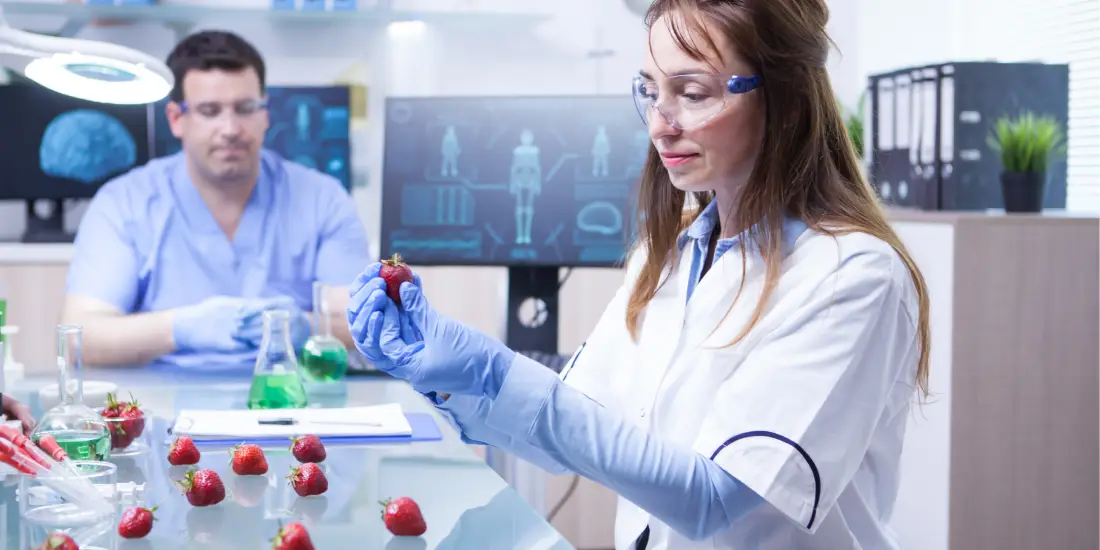
Commercial food processing outlets need employees with the right food safety training to keep their licenses in Dubai. There are a lot of companies which provide food safety training, but you need the right certification along with food safety training. This will also help your employees perform better to give a good name to your food outlet, whether it is a restaurant or a food processing unit. In this article, we will share with you some of the most important food safety training topics that are necessary for the right food training which will enable your employees to perform better while inspection.
There is no doubt that this is one of the most common and well-known topics. Using SQLs helps employees learn about and apply proper food handling and preparation safety standards. Both food service and retail are covered by them. The topics include topics like hand washing, legislation and regulation, microbial standards and guidelines, risk assessment, management and communication.
Employees should be trained in HACCP (Hazard Analysis and Critical Control Point) processes as part of preventive food safety systems training. The HACCP standard applies to both the preparation and storage of food. In addition to considering things like safe food preparation, the temperature at which food should be cooked and stored is also considered.
Understanding the foodborne pathogens that can cause serious illness is important. The purpose of this food safety training topic is to teach employees what they are and how to prevent them from contaminating food. The top five germs that cause illnesses from food eaten are norovirus, salmonella, clostridium perfringens, campylobacter and staphylococcus aureus.
There are some foods that contain naturally-occurring toxins. During this type of training, employees learn how to recognize and prevent naturally-occurring toxins in food. Natural toxins can affect humans and livestock in a variety of ways and can pose serious health risks. There are some of these toxins that are extremely potent. The adverse health effects can range from allergic reactions to severe stomachache, diarrhoea, and even death.
When used correctly, new technology can enhance food quality and preserve food safety. This subject examines current and trending food processing technologies. Processes for converting raw ingredients into food and transforming them into other food processing firms are part of the Food Processing Technology. There are a variety of topics covered by Food Processing Technology, including Food Processing, Food Technology, Food Safety, Food Industry, Food Allergy, Food Microbiology, Food Biotechnology, Food Allergy, Food Addiction, Food Fortification, and Food Nanotechnology.
The training on chemical contaminants discusses the effects of pesticide residues, heavy metals, and other toxic contaminants on the environment and food, and how to reduce them.
This piece of food safety legislation needs to be understood by managers and administrators. In addition, we will look at what compliance looks like in the workplace and how it can be applied.